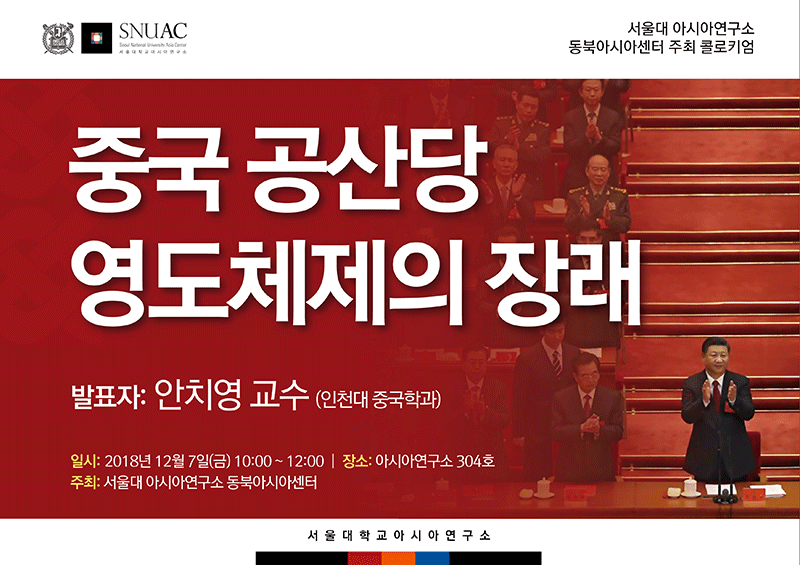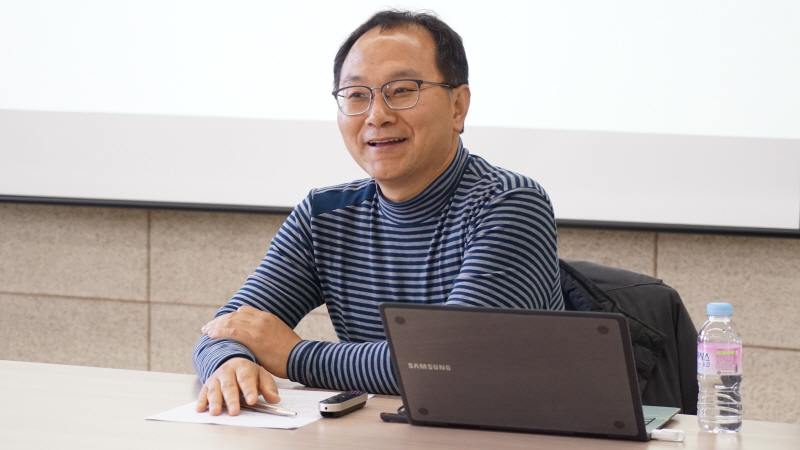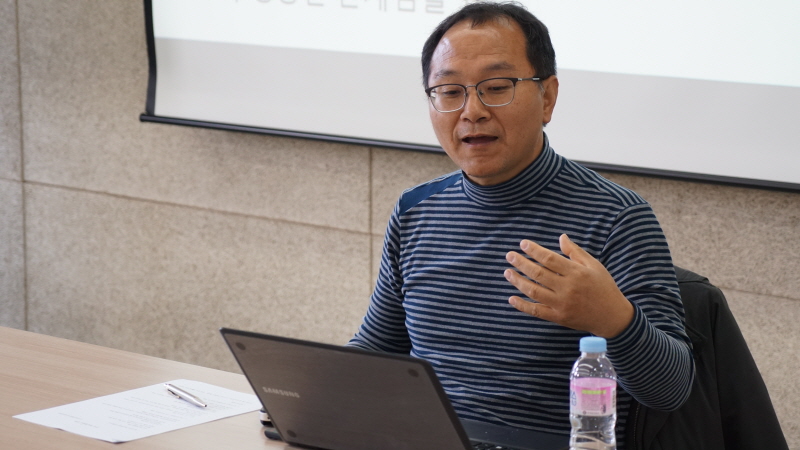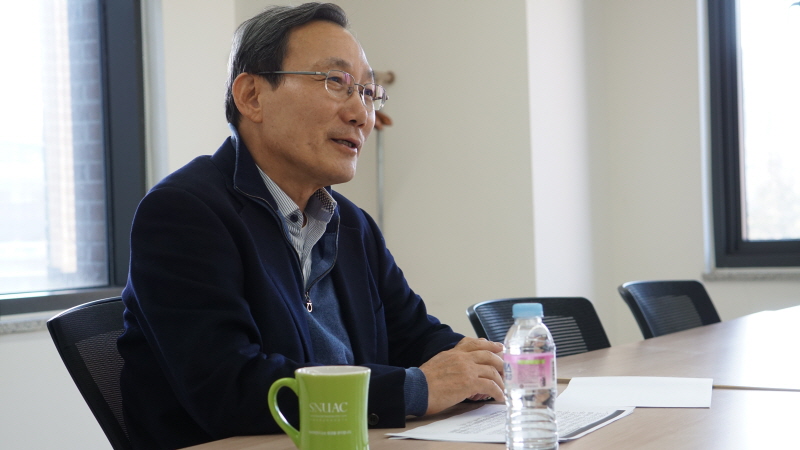The Future of the Leadership of the Chinese Communist Party

Colloquium
- Date & Time: Friday, 7 December, 2018, 10:00-12:00
- Place: Room #304, SNUAC(Bldg#101)
- Speaker: Professor Chi-Young Ahn (Dept. of Chinese Language & Cultural Studies, Incheon Nat’l Univ.)
- Organizer: SNUAC Northeast Asia Center
- Inquiry: Seungjoon Lee / dltmdwns1108@snu.ac.kr
Abstract
The questions this colloquium seeks to address include but are not limited to:
There are claims that the leadership system is transitioning from the group to the individual since President Xi Jiping’s rise to power. What are the realities of elite politics in China?
Will President Xi try to continue to rule after his second term in 2022, unlike his predecessor?
Will the continuation of President Xi’s ruling be successful?
What are the important factors for President Xi’s continuation?
How will President Xi’s strengthening of power affect Korea?
Review



On December 7, 2018, Professor Chi-Young Ahn from Incheon National University was invited for his talk on “The Future of the Leadership of the Chinese Communist Party.” This colloquium included discussions on the problems of the Chinese leadership system and the transformations that have occurred from Deng Xiaoping to Xi Jinping eras’ leadership. Professor Ahn highlighted the establishment of a group leadership system, the abolition of lifelong tenure in Communist Party leadership, and the systemization of the periodic succession of leadership (Deng Xiaoping –Jiang Zemin-Hu Jintao-Xi Jinping) as key political reform during the Deng Xiaoping regime. The most sizable change during the subsequent era of Xi Jinping was demonstrated at the 19th National Congress of the Communist Party of China. A new guiding ideology labeled ‘Xi Jinping Thought on Socialism with Chinese Characteristics for a New Era’ was written into the party’s constitution during the Congress which was the first since ‘Mao Zedong Thought’ that a living party leader has enshrined into the party constitution an ideology named after himself. Also, Professor Ahn added that with the abolishment of the presidential term at the 13th National People’s Congress, these series of changes may signal a reversal of Deng Xiaoping’s political reform. The colloquium ended with discussions on the prospects for the future of China’s communist leadership system.
